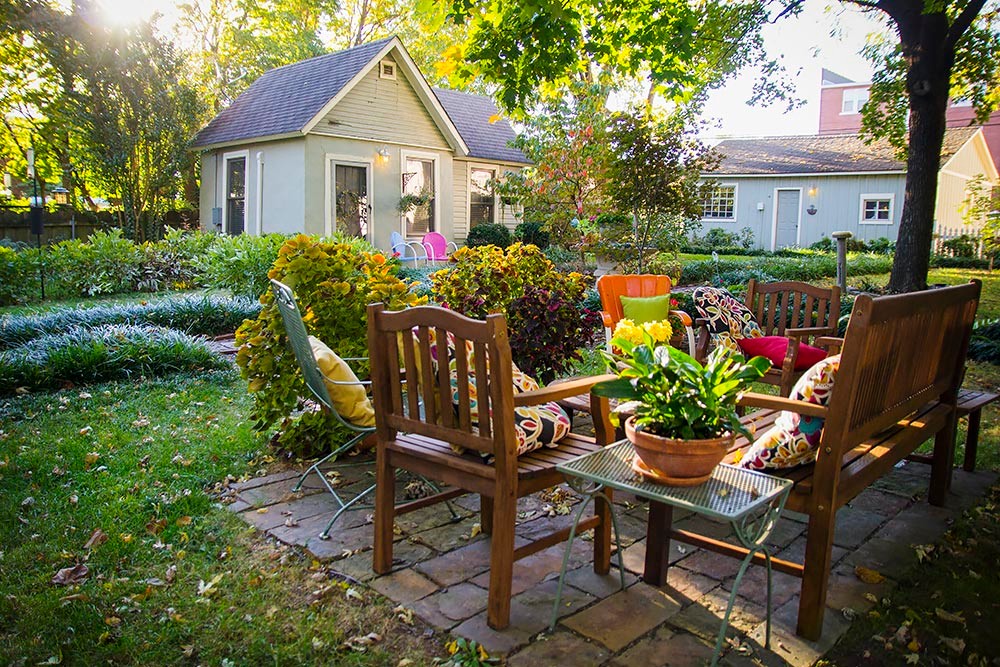YOUR BUSINESS AUTHORITY
Springfield, MO
YOUR BUSINESS AUTHORITY
Springfield, MO

Last edited 12:04 p.m., Jan. 29, 2019
It’s official. Short-term rentals are legal in Springfield after City Council last night approved a substitute bill regarding the properties with a 7-1 vote.
“We have worked on this for a long time,” Mayor Ken McClure said before the vote. “I believe this is the fourth time this has come before council. A lot of people have put in a lot of work.”
Councilman Richard Ollis was absent, and Councilman Craig Hosmer cast the lone dissenting vote.
“I’m not prepared to say this is the perfect solution, but I think it is a good solution and we’ll learn from it as we proceed,” McClure said.
The passage of the substitute bill gives validation to already operating short-term rentals, which previously had been doing so illegally. Ordinance langugage had bounced between the Planning and Zoning Commission and City Council for most of 2018, with the substitute bill being introduced on Nov. 19.
“This is our first time looking at regulating the short-term space, and we’ll be happy to track any concerns, complaints or activity in general,” said City Manager Jason Gage.
The city categorizes short-term rental properties into Type 1, Type 2 and Type 3.
A Type 1 rental is an owner-occupied property located in the primary structure or a historic carriage house. A Type 2 property isn’t an owner-occupied residence, and the owner must obtain a certificate of occupancy, an annual business license and 55 percent approval from adjacent property owners.
Only Type 1 and 2 properties are allowed in single-family residential and residential townhouse districts, according to city documents.
A Type 3 property is similar to a Type 2 property regarding the need for a certificate of occupancy and an annual business license, but Type 3 properties are allowed in every other zoning district. They do not require the 55 percent approval by adjacent property owners and cannot be located in single-family residential and residential townhouse districts.
The substitute bill modifies Type 1 properties to permit unlimited rentals in an accessory apartment or historic carriage house when the owner is present. Otherwise, the properties have a 95-day annual cap for renting.
Advertising a noncompliant short-term rental using a third party like Airbnb was clarified to be a violation of the ordinance.
The substitute bill implements a 30-day grace period for Type 2 property owners where they will not be subject to density limitations of one rental per eight structures on each side of a single block. The owners would still have to meet the 55 percent consent provision from adjacent property owners.
Hosmer previously voiced his concern about the bill on Jan. 14, specifically referencing the grace period for Type 2 properties.
“We’re saying you violated the law in the city of Springfield for two years, there’s not going to be any consequence to it,” he said at the time.
With the passage of the substitute bill, the original bill regarding short-term rentals was considered moot and a vote did not take place.
Connected to Watkins Elementary School is a new storm shelter now under construction.
Updated: Systematic Savings Bank to be acquired in $14M deal
STL construction firm buys KC company
Webster University's deficit triples
‘Dress for your day’: Companies are relaxing dress codes amid evolving ideas about fashion
Missouri House speaker accused of obstruction in ethics probe
Former CoxHealth colleagues starting communications firm
Developer targets opening by month's end for $10M apartment complex